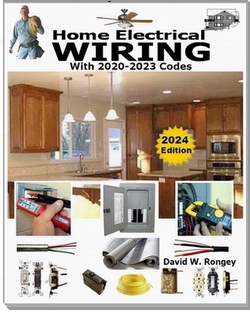Electric Cars - Plug-In Hybrids
| << Previous | Next >> |
| Summary: This article explains the important qualities of the Plug-In Hybrid Electric Vehicles (PHEVs). The good news is that PHEV technology is already available and functioning. Fuel savings could be dramatic if plug-in technology is combined with already-existing flexible fuel technology. Sponsored Links |
The Key Attributes of a Plug In Hybrid Electric Vehicle |
|
| Sponsored Links | The Key PHEV Attributes
|
The Economic Benefits of Flexible Fuel Plug-Ins
Spend Less Time and Money at the Pump
After a full battery charge the Plug-in hybred vehicles range from 20 to 60 miles without using gasoline. Many commuters would be using little if any gasoline. By comparison if your gasoline powered car now gets 25 mpg and you switched to a Plug-in hybred vehicle you would be getting 100 mpg.
Cost of Electric Fuel
A nightly battery charge would cost less than $1.00 at current electrical utility rates.
Initial Cost Worth Long-term Savings
While the initial cost of the plug-in vehicle would be more than a conventional car or one of the existing mass-produced hybrids, however a 2004 study by the Electric Power Research Institute (EPRI) found that plug-in hybrids can achieve life cycle costs parity with conventional gasoline vehicles – meaning that over the life of the car the cost will be equal or less despite the initial higher cost. The study calculated gasoline price as $1.75/gallon.
Rebates and Incentives Will Help
To help offset the initial cost of a PHEV, incentives are developing in local and city levels along with their public utility energy producers to address potential rebates to address the cost difference by making rebates available for energy customers when automakers begin manufacturing PHEVs. Additionally, bipartisan bills pending in the U.S. Senate and House would offer rebates and manufacturing incentives to help close the price gap.
| Sponsored Links |  |
| << PREVIOUS | NEXT >> |
| - Back to Top - |
Learn How to Wire it Right with myComplete Guide to Home Electrical WiringFor DIY Homeowners, Students and ElectriciansIncludes:Home Electrical Wiring - Upgrade Electrical Wiring 120 Volt Circuits 240 Volt Circuits Multi-Wired Circuits Wiring Methods for Installing Home Electrical Circuit Wiring Electrical Codes for Home Electrical Wiring Electrical Troubleshooting and Repairs ....and much more. A Great Guide for Electricians, Inspectors, Students and Teachers» Click here to learn more about Home Electrical Wiring « |
||
 |
||
Top of Page |














